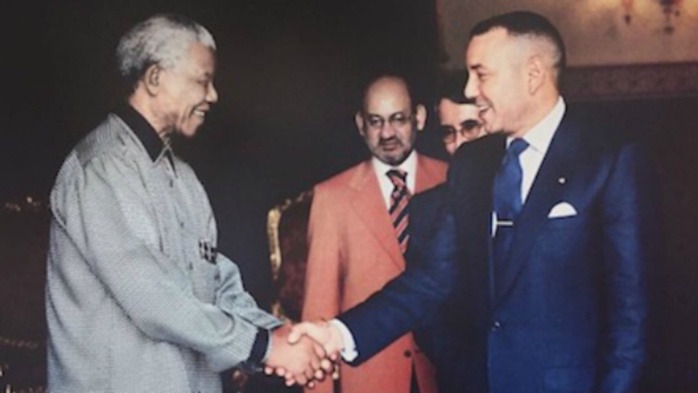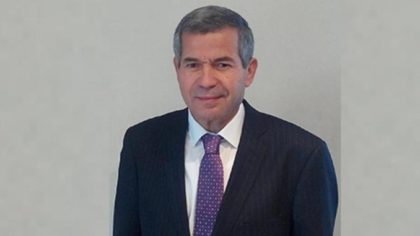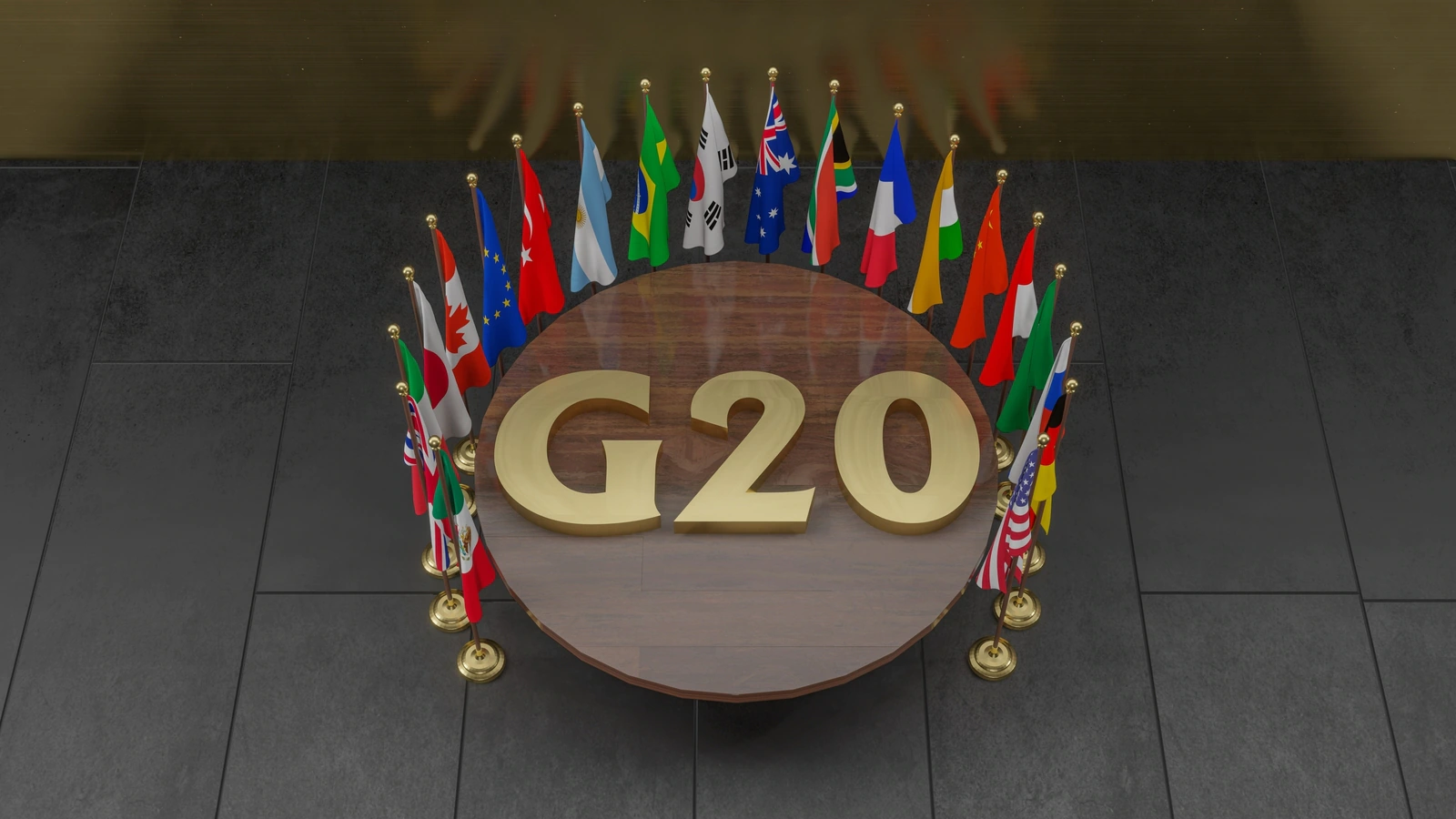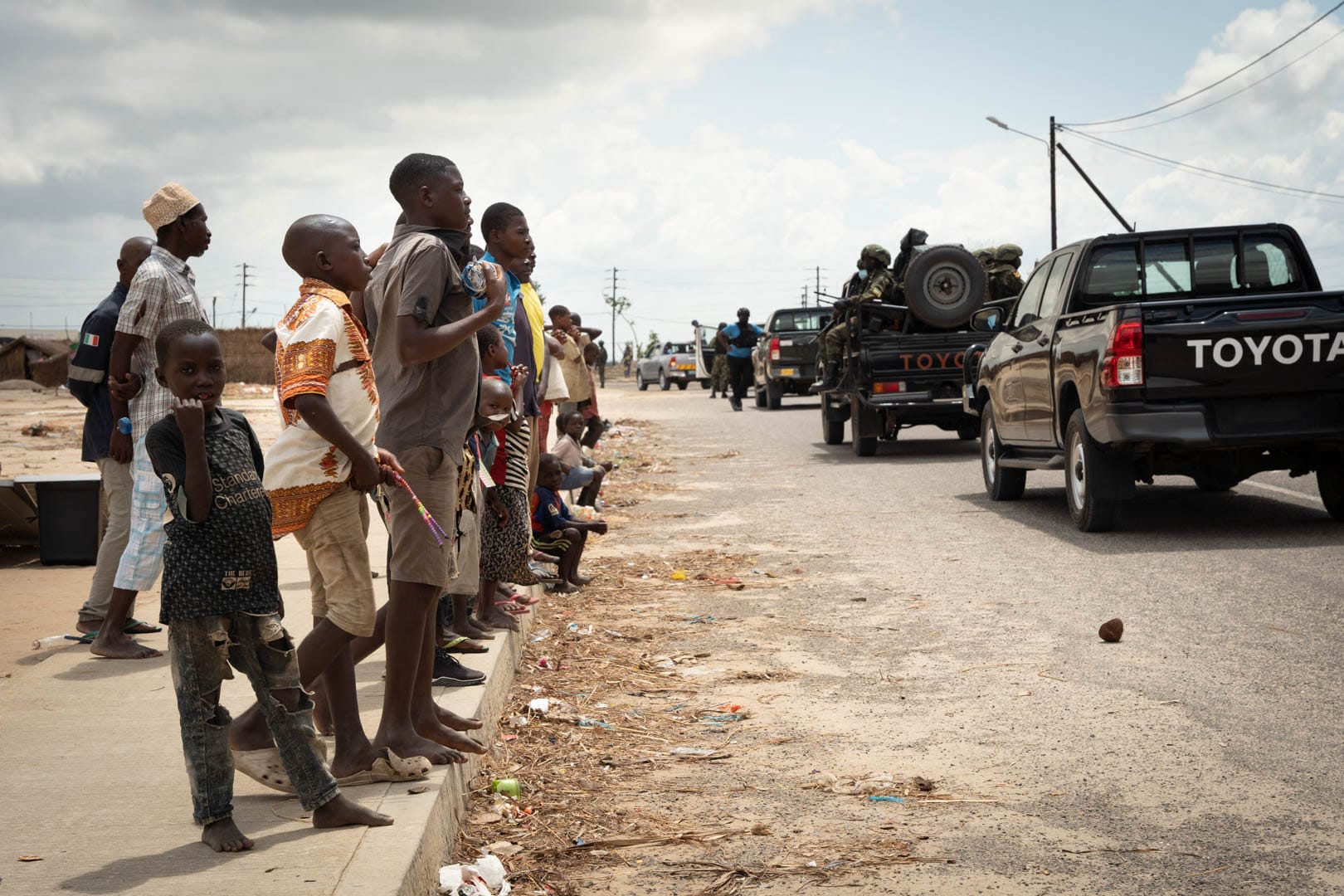South Africa under the long-ruling ANC is one of the remaining states that have yet to see reality as it is in the Sahara issue as it keeps turning in a vicious Algerian circle rehashing anachronism on the Sahara issue.
This has been shown once more in a decision by South Africa’s ruling party the ANC to suspend a party leader who made positive comments on the need to have good ties with Morocco after a visit to Rabat, during which he met foreign minister Nasser Bourita.
Soon after calling for closer ties with Morocco, ANC national executive committee (NEC) member and deputy chair of the party’s international relations sub-committee Obed Bapela has been removed from his role, citing the party’s position in support of the Algeria-backed Polisario separatists.
Since the death of Mandela, South Africa’s ruling party, the ANC, has failed to deliver on its promises at home, opting instead to gear attention to foreign issues, such as the Sahara issue opposing Morocco to Algeria’s Polisario proxies.
After the end of apartheid, the ANC as an ideological movement sought to perpetuate its struggle through false analogy. A vivid example is the ANC’s support for separatism in the Sahara territory.
By backing the Polisario, an Algerian proxy militia, the ANC desperately seeks to perpetuate itself as an anti-apartheid movement, in a position that is detached from reality on the ground.
The genuine apartheid in North Africa is the one practiced by Algeria against the Sahraouis held in the Tindouf camps under the yoke of the Polisario militias. The Sahraouis in these camps are denied registration as genuine refugees enjoying the right to freely chose their asylum or return to their motherland. They are also denied basic rights by their host state, Algeria, which treats them as captives.
The media is awash with stories of Sahraouis being shot at as they tried to flee the camps.
Yet, the ANC leaders insist on denying this reality, by indulging instead in empty slogans, while accusing Morocco without whatsoever evidence of being an apartheid state.
For decades, South Africa under the ANC has topped world rankings in terms of criminality, inequalities, and unemployment.
The ANC also failed to develop South Africa’s infrastructure, a factor that ditched the country’s growth leading to recurrent power blackouts with severe impact on the industrial fabric.
The distraction tactic is no longer effective. Voices are questioning the ideological anachronism of South Africa regarding the Sahara issue.
As Morocco strengthens its foothold on the continent following its triumphal return to the African Union in 2017, South Africa and a group of failed states rehashing Algeria’s separatist rhetoric are in a lamentable position as they see global heavyweights- including but not only the US, Spain, and France- backing Morocco’s sovereignty on the Sahara territory.
South African Think Thank Institute for Security Studies, ISS, has pointed to the inroads made by Morocco in securing global support for its sovereignty over the territory and how it has made the political process to settle the dispute an exclusivity of the UN.
The ISS analysis came as the United States Peace Institute published a detailed analysis announcing the conflict over the territory is coming to an end under Moroccan sovereignty and that Algeria and its Polisario proxies have better come to the negotiations table on the basis of the autonomy plan.
As the ANC fails to deliver on its promises at home, its use of ideological anachronism abroad is faltering, mainly due to its false analogy and weak political alliances with rentier states’ such as Algeria, whose voice is also increasingly inaudible at the international stage.
Alternatively, South Africa should have reconnected with Mandela’s legacy and his strong ties with Moroccan leaders to build a strong economic and political alliance that could serve as a trigger for the continent’s peace, development and prosperity.



